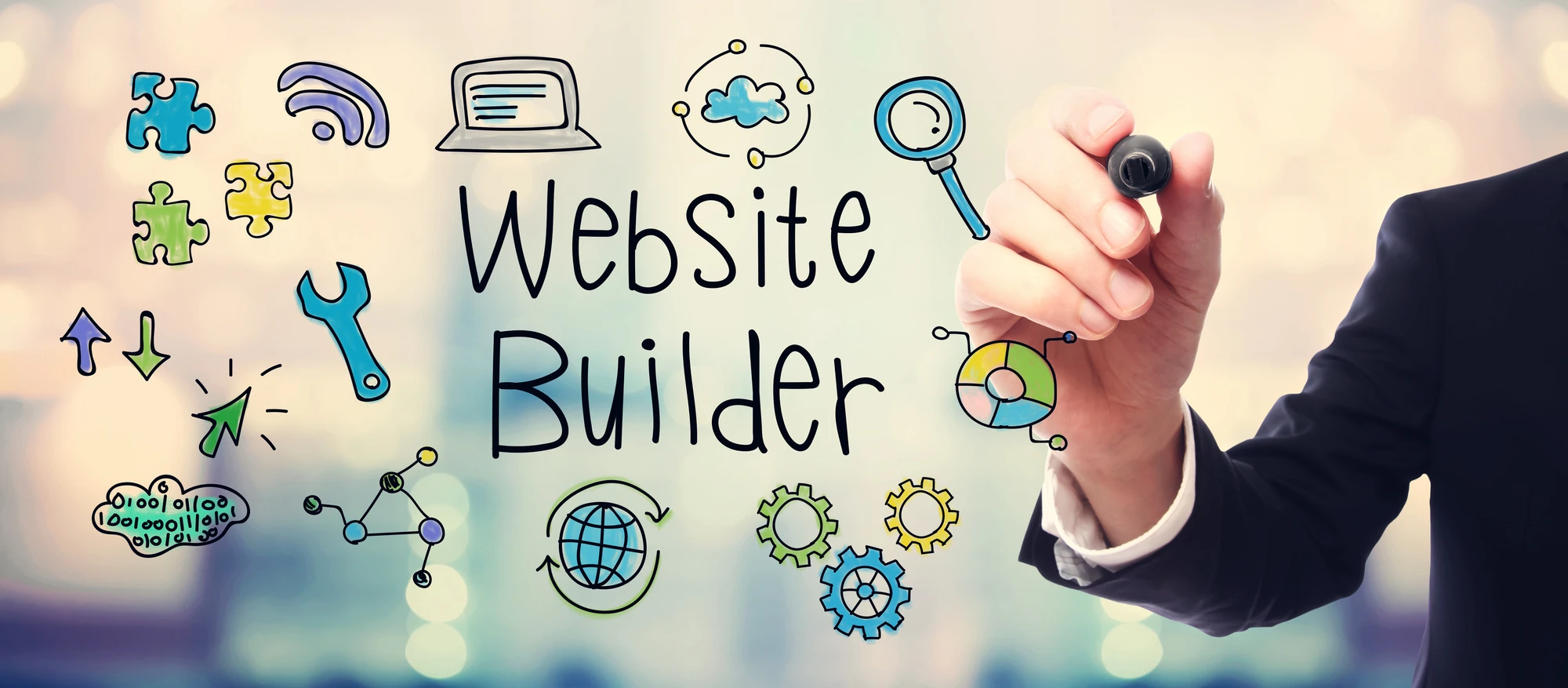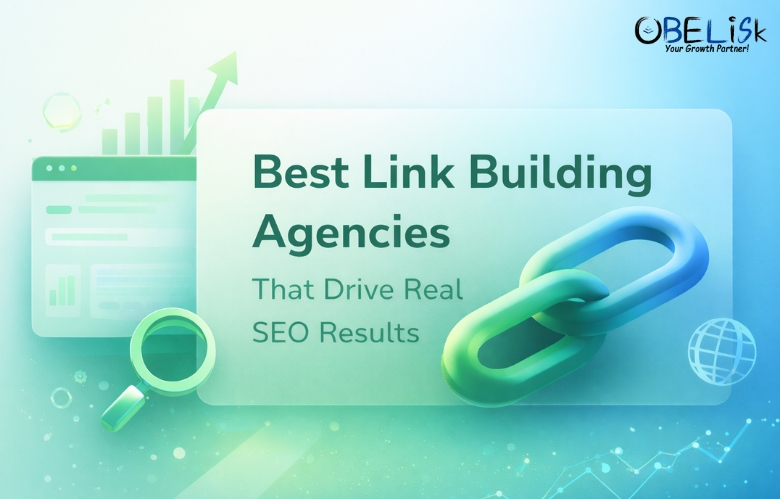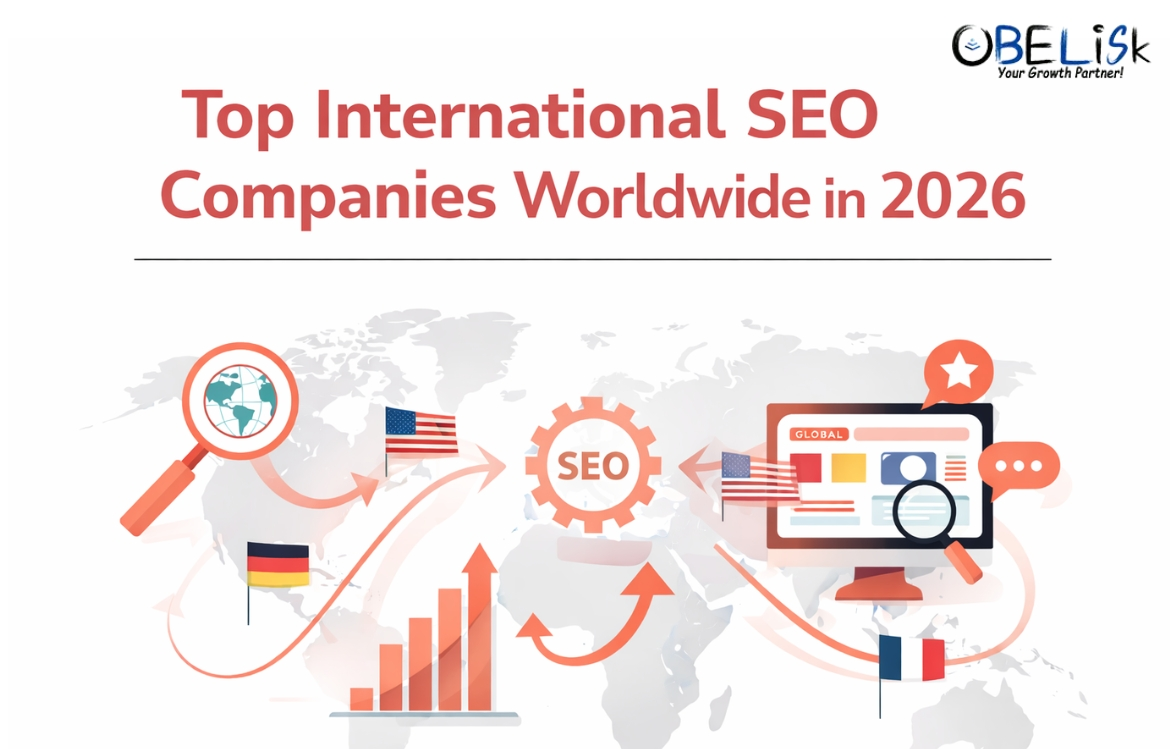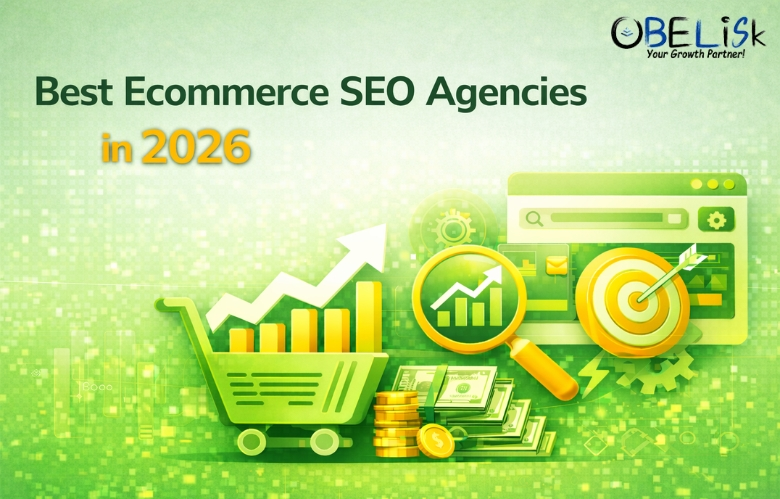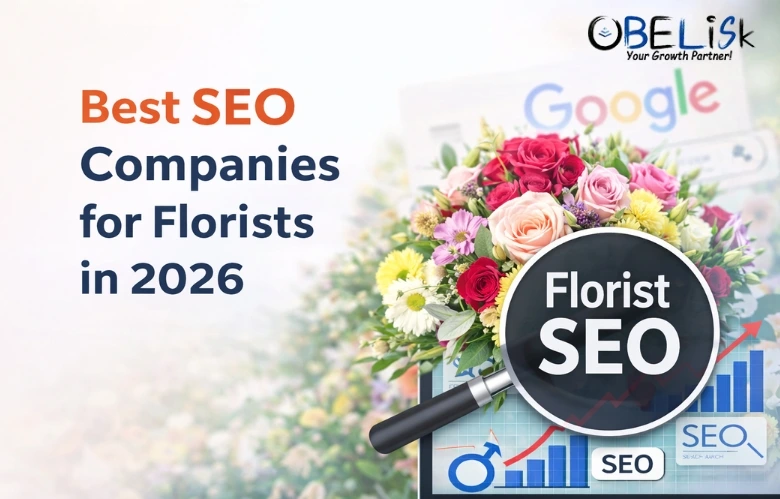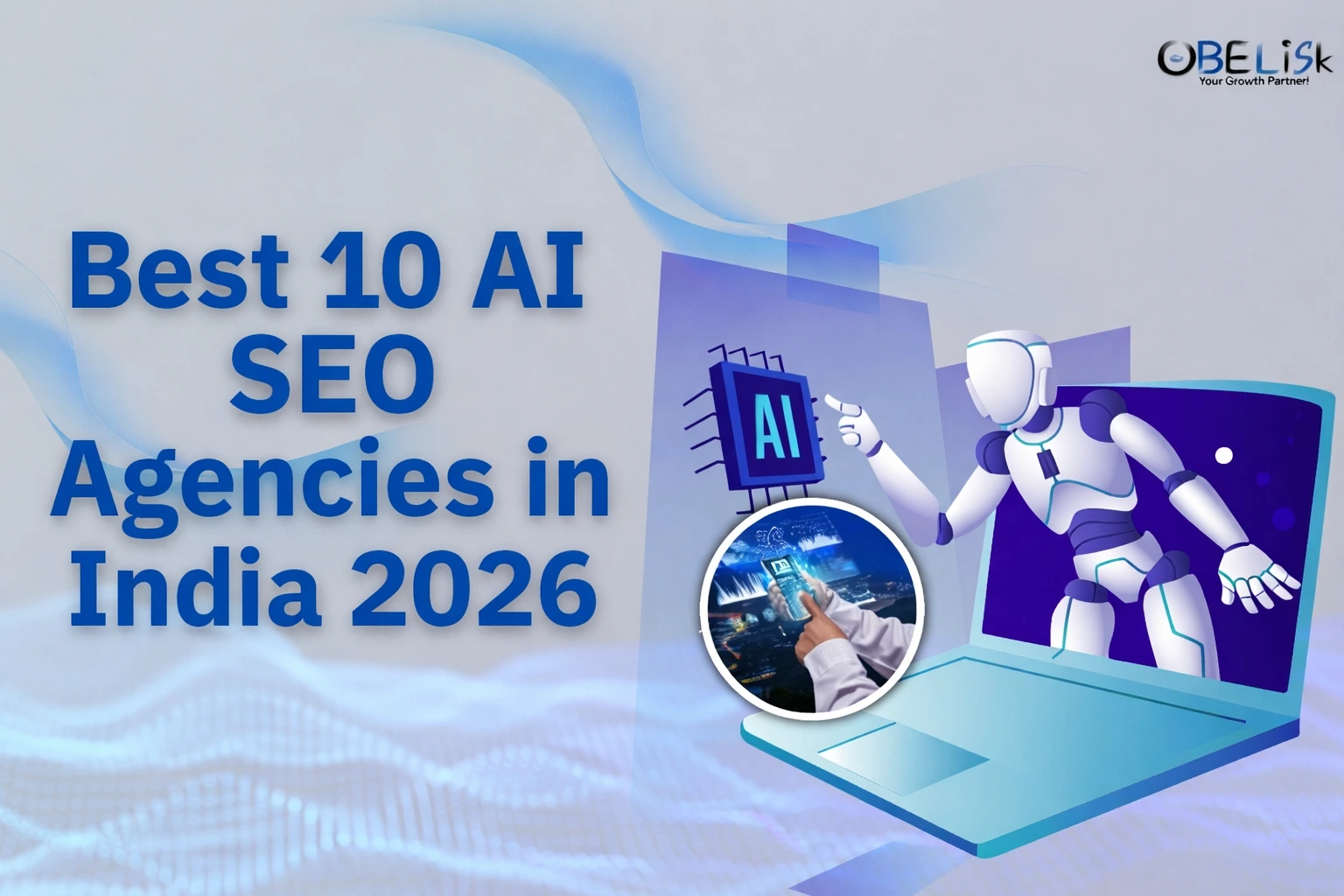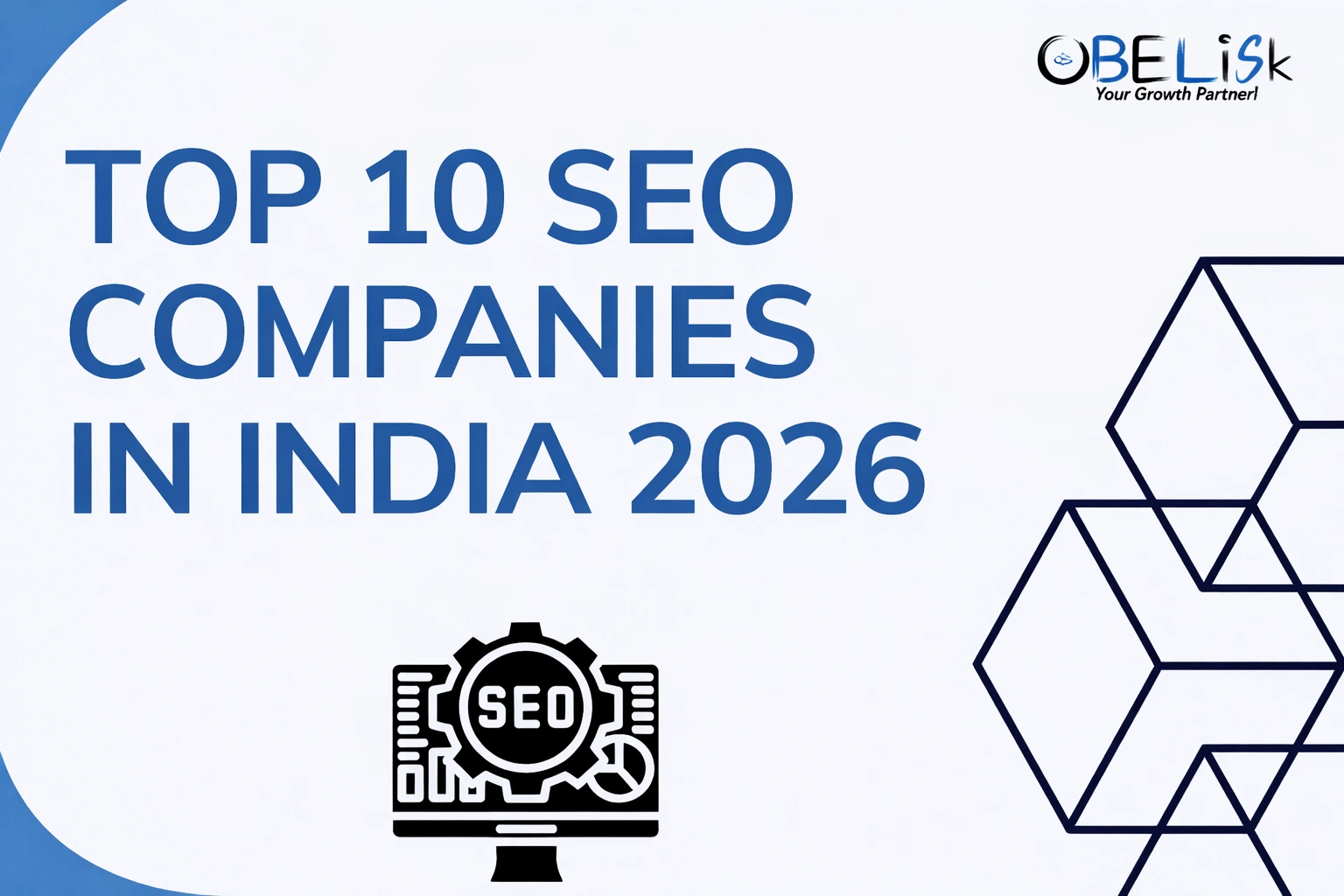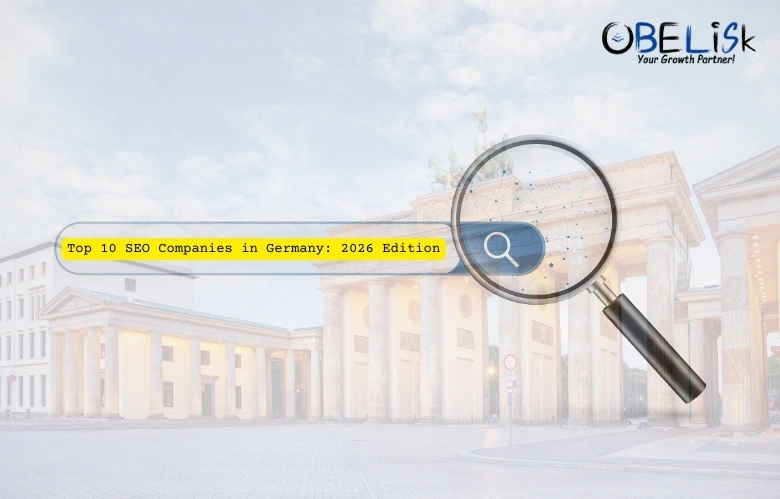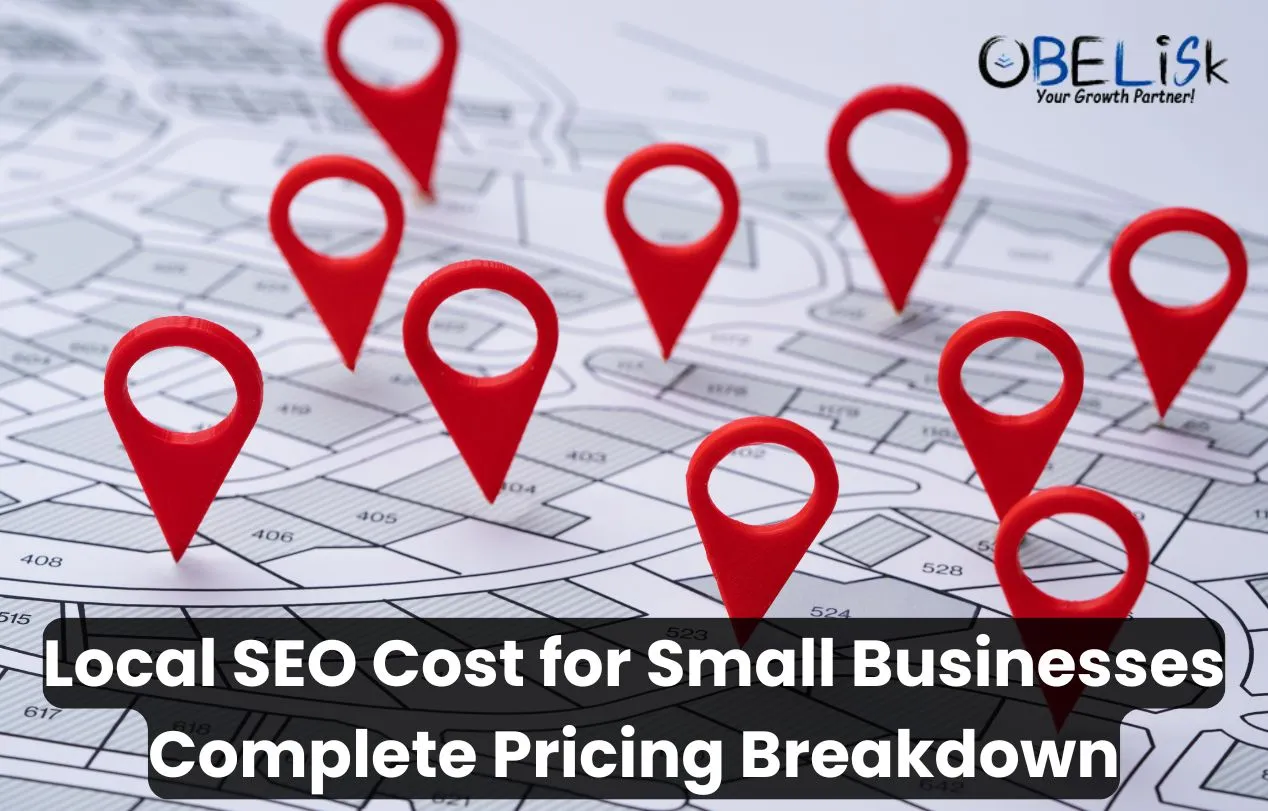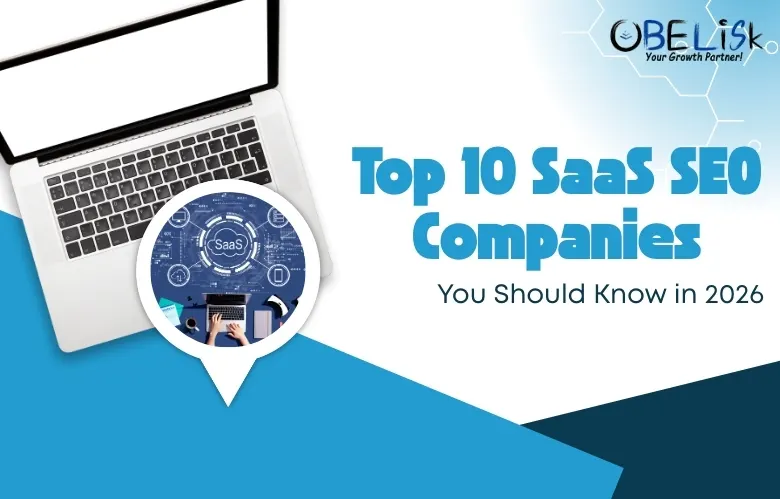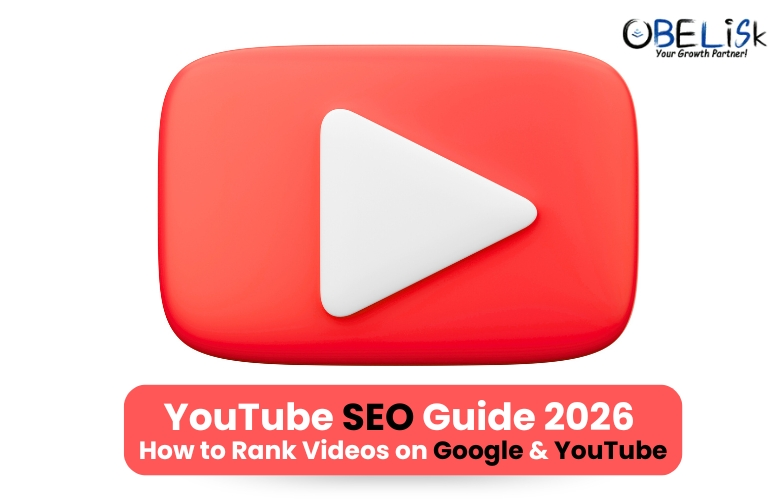Looking for the best CMS that helps you design your website with creativity? Creating an eye-catching website has become easier with the use of advanced technology. There are multiple options available to make your website development tasks easier and more user-friendly. This blog offers you insight into the top website design builders for your website in 2025. The key features of builders, their advantages & disadvantages, and security aspects have been discussed.
1. Wix
Wix is a powerful, no-code website builder. It can build a simple personal blog on the one hand and a complex hub on the other hand for doing your business online. Wix has in-built features for branding, e-commerce, marketing, and more. The platform is best suited to be used for small businesses looking to gain popularity in the digital market.
Top Features:
- A free-of-cost platform
- User-friendly website-building features.
- Endless customization options
- SEO capabilities, and high priority on security.
- Also, the tool is completely free to use with intuitive editors.
Advantages:
- User-friendly,
- Attractive templates
- Customization options
- SEO support
- Access to useful tools & integrations.
Limitations:
- Lack of features
- No 3rd-party plugins
- Website migration issues
- Basic store navigation
- Slow loading speed.
Security Considerations:
- Secure data transfer via SSL encryption.
- Automatic updates to guard against security flaws.
- Limited authority over security on the server side.
- Potential vulnerability to brute-force attacks in case weak passwords are used.
2. Shopify
Shopify works as a commerce platform that people use on a daily basis to sell products in the online market or in person. The platform is mostly used by global brands, retailers, and entrepreneurs to run stores, drive sales, and grow their businesses. Shopify is a kind of e-commerce website.
Top Features:
- Supports a wide variety of products and services, including physical products, digital downloads, subscription boxes, online booking services, tickets to events, online courses, live plants & flowers, etc.
- Prohibits the selling of prescription medicines, cigarettes, and other such products that violate government norms.
Advantages:
- User-friendly
- 24/7 customer support
- Abandoned cart recovery
- 3rd party integrations
- The option of selling online or in-person, and shipping discounts.
Limitations:
- Mediocre at blogging or content marketing.
- Expensive plans
- A limited number of free themes are available
- High transaction fees.
Security Considerations:
- SSL encryption for every store.
- PCI DSS Level 1 compliance for safe transactions
- Automated transaction fraud analysis.
3. WordPress (with Elementor or Divi)
WordPress comes with two of the top drag-and-drop page builders- the Elementor and Divi. Both are capable of building a customized website without needing any technical knowledge. In addition to this, they also support advanced content integrations and theme building.
Top Features:
- User-friendliness
- Flexibility in creating any type of website
- Media management features
- 70+ languages
- Quick installations and upgrades
- Easy user management
- Simplicity of operations
- Social media integration
- SEO-friendly websites.
Advantages:
- Easy to get started
- A variety of themes are available to choose from
- So many plugin options
- Simplified content creation
- SEO friendly
- Frequent upgrades, highly flexible, and mobile-friendly.
Limitations:
- So many options can be overwhelming to understand
- The risks of hacking
- Expensive customization
- No committed support.
Security Considerations:
- Hosting providers (like SiteGround, Kinsta, and WP Engine) determine security
- SSL encryption is available
- A variety of security plugins (like Wordfence and Sucuri) are available.
- If not properly maintained, there are vulnerabilities.
4. Squarespace
Squarespace is known for developing mobile-friendly, good-looking websites with a variety of e-commerce tools available. The integration of AI tools in Squarespace also makes the task of site editing easy to fix. The tool is best suited for small businesses looking to build an online presence.
Top Features:
- Built-in templates
- Appointment Bookings, Email Campaigns, e-commerce services.
- Can build a membership site or host a course
- Blogging options, Domain Registrations, and Google Workspace Integration.
- Built-In Analytics that allows to keep track of website traffic.
Advantages:
- Helpful in improving SEO
- Access to various themes & templates.
- Easy designs
- A great platform for blogging.
- Supports e-commerce business, and mobile-friendliness.
- Not limited to size
- Advanced tools for content creation
- Security & privacy, and customer support.
Limitations:
- Limited designs
- Less easy to customize via plugins
- Costs can quickly add up
- Navigation may not support some of the complex website designs.
- Fewer plugins, and heavy dependence.
Security Considerations:
- Included is an SSL certificate
- Frequent platform upgrades to improve security
- Encrypted transactions and safe hosting.
5. Webflow
Webflow is a browser design tool that helps you build, design, and launch customized websites virtually anywhere. It is essentially a single design platform that you can utilize to transform your idea into a finished, usable product. The tool will prove to be a beneficial website builder in 2025.
Top Features:
- A drag-and-drop interface makes it simple to add content sections
- Organize the layout of your website, and alter the style to your preference.
- Additionally, Webflow has a powerful content management system (Webflow CMS) that makes it simple to maintain the information on your website.
Advantages:
- Simplified website development
- Empowering code control
- Great technical and on-page SEO optimization
- Extensive integration capabilities
- Helpful site overview (views analysis)
- Unlimited backup support
- Good for blogging and ideal for web development agencies.
Limitations:
- Not ideal for e-commerce businesses
- Tricky class management
- Limited template flexibility
- Pricing structure complexity.
Security Considerations:
- Secure hosting
- DDoS protection
- Automatic SSL encryption
- Regular upgrades for security.
Conclusion
In conclusion, selecting the best website builder is crucial to establishing and maintaining your online presence in 2025. All of the platforms – Wix, Shopify, WordPress (with Elementor or Divi), Squarespace, and Webflow – have advantages and disadvantages and may be used for everything from small-scale blogs to large-scale e-commerce websites. You can choose a builder that fits your unique objectives and technological capabilities by carefully weighing the features, benefits, drawbacks, and security issues of each. The right website builder will enable you to develop a customized, attractive, and easy-to-use website that not only looks amazing but also works efficiently to satisfy the needs of your target audience and company.
Obelisk Infotech provides you with the best SEO-friendly website designs to make your business flourish in the digital market. If you need any help in building your website or need consultation on which builder is best for you, feel free to contact us. Our professional team is always eager to help. To know more about the company profile and our range of services, kindly visit our LinkedIn.

